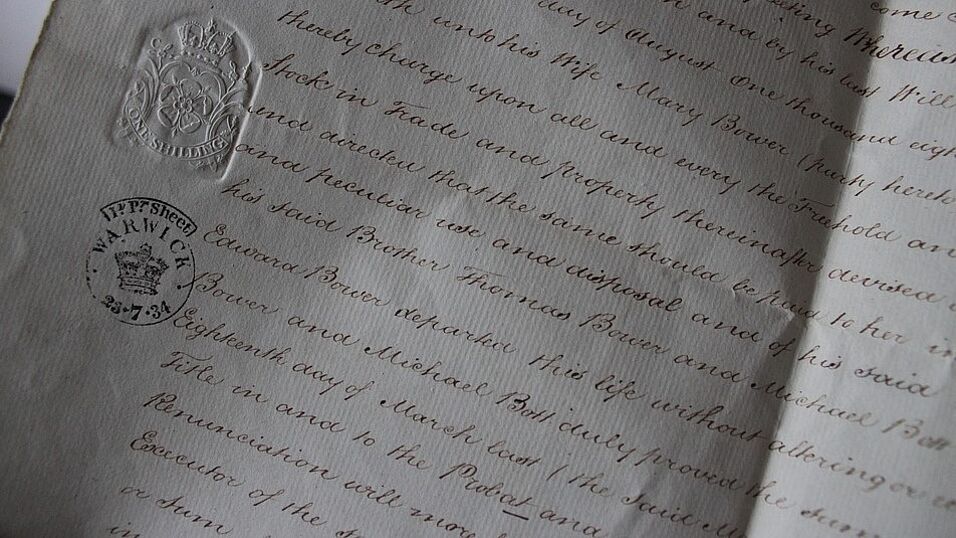The ELI Report provides the analysis with respect to several topics pertaining in this field, such as unprotected speech, minority rights, speech with a religious dimension, freedom of information and of the press and media pluralism, among others. The Report is the outcome of several Project Team meetings, conferences and seminars, during which the topic was discussed with experts, including ones from the Court of Justice of the European Union.
The Report is timely, as the checklist can be used to verify compliance with constitutional traditions common to the Member States in this field, and by way of contrast to understand some of the differences. In particular, as a practical tool, it can help legal practitioners to verify if a certain case or situation affecting freedom of expression can be placed inside or outside the boundaries of constitutional traditions, common to the Member States. This can also be used potentially in the context of implementing the rule of law as a condition to access to EU funds.
Mario Comba, Project Co-Reporter, underlined that:
‘Freedom of Expression is one of the most important Constitutional Traditions Common to EU Member States, as it constitutes the historical, legal and even structural basis for the rule of law. Our Report demonstrates how strong the commonality of values on this important subject is among EU Member States and hence how fundamental it is to protect freedom of expression particularly in these very difficult times’.
ELI First Vice President and one of four Assessors of the project, Lord John Thomas added that:
‘The publication of this Report is a timely reminder, especially in the light of the aggressive war by Russia against Ukraine, that freedom of speech and expression is a cornerstone throughout Europe of democracy and the fundamental freedoms which we all enjoy. The struggle for that freedom has been long, but the constitutional tradition that has developed across Europe has given us a common bond and value. When it has been denied, that denial has enabled dictatorships to wage aggressive wars and subject those they conquer to tyranny.’
The full report are available here. A webinar on the topic, open to the public free of charge, will take place on 17 May 2022 from 18:15–19:45 CET. To register, please click here.

